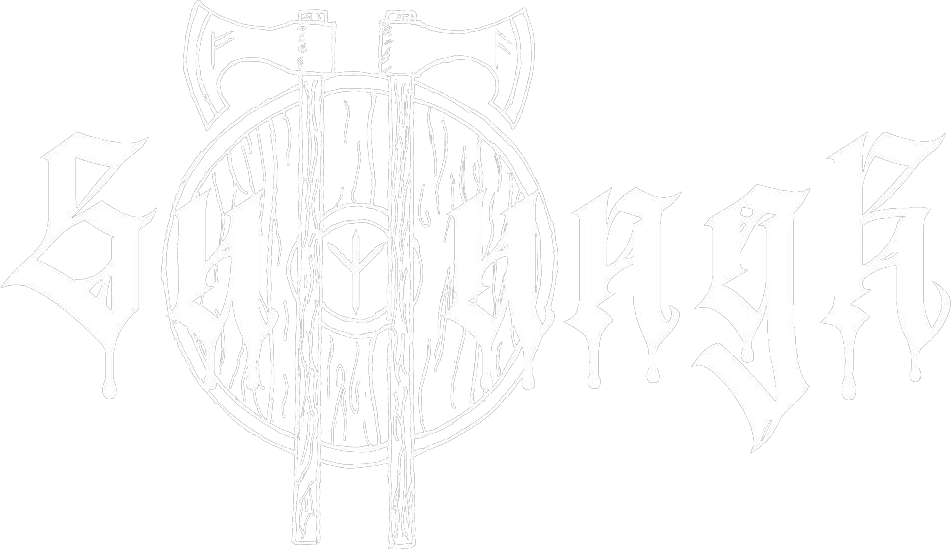
From the deep south of Limburg emerges a primal force that, since 2017, has been walking an ancient path under the name Suttungr, honoring their forefathers. Recently, their debut album Eburoons Vuur was released through Zwaertgevegt, once again confirming this. So, it’s time to put these Eburones to the test and ask them a few questions.
Your first release “Baduhennawoud” was named after a battle between the Frisii and the Romans, while the new album hits closer to home with “Eburoons Vuur” (Eburonian Fire). Where does this fascination with early history come from?
There is relatively little known about the Iron Age on our own soil. An era shrouded in myths, legend and Barbarism, a people in touch with nature and the Gods, it’s the perfect setting for our music and a great way for us to pay tribute to our own ancestors. There’s always been a huge interest in pre-Christian Europe for us, but it wasn’t until Suttungr rose from the ashes of Paramite, that we could incorporate these subjects into our lyrical themes.
You hail from the southernmost part of the Netherlands, where the Eburones once lived. Is the title of your album also connected to your own identity?
Since we hail from this region and do take a healthy interest in local history the answer to that is obviously: yes. The peoples and times of the old days have had, although be it long ago, some influence in what makes and shapes the world as it is now. Some remnants do still linger, presenting reminders of what has happened here and where we do came from.
That local history is of importance to us and in our music we rekindle the fire of remembrance to pay homage to our ancestors.
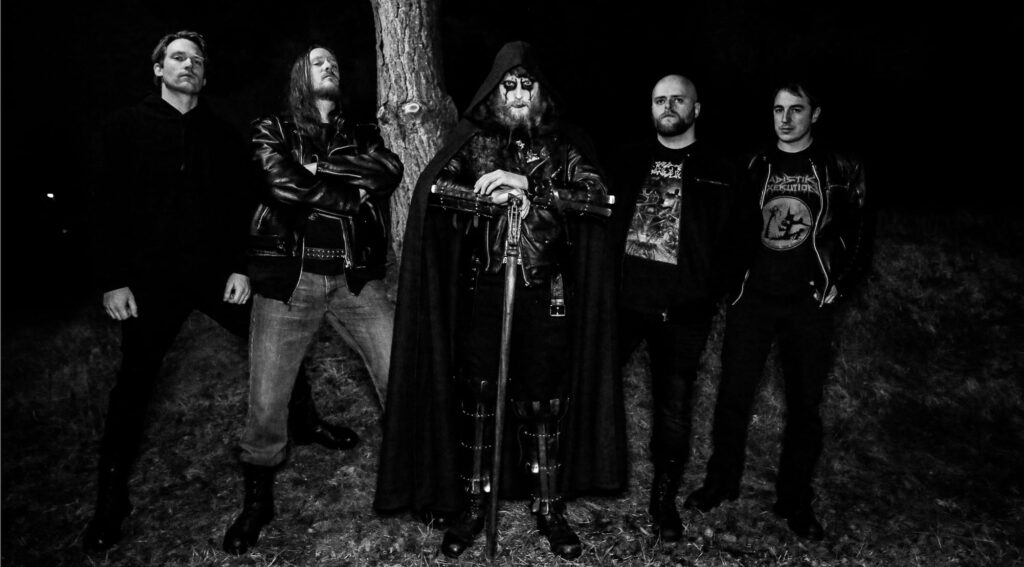
On “Baduhennawoud” you still had a mix of English and Dutch lyrics, but the new album is entirely in Dutch. Is your native tongue better suited to convey the emotions you want to express?
At the time we were writing and recording Baduhennawoud, English still had the most natural feeling while penning down lyrics. Not so hard to imagine, as we’d been writing in English for nearly 10 years with Paramite. It wasn’t until Bronzen Dageraad, the first song we ever did in our native tongue, that we realized the potential. This is when we felt we dialed into the sound and message we want to convey with Suttungr.
Have you ever considered writing in regional dialects, given your strong local historical focus?
Switching from English to Dutch was a logical step for us to take and the transition did not feel forced, it was very organic. We might dabble in our dialects in the near future, but to fully transition into local tongue, it wouldn’t be our first choice for a stylistic change.
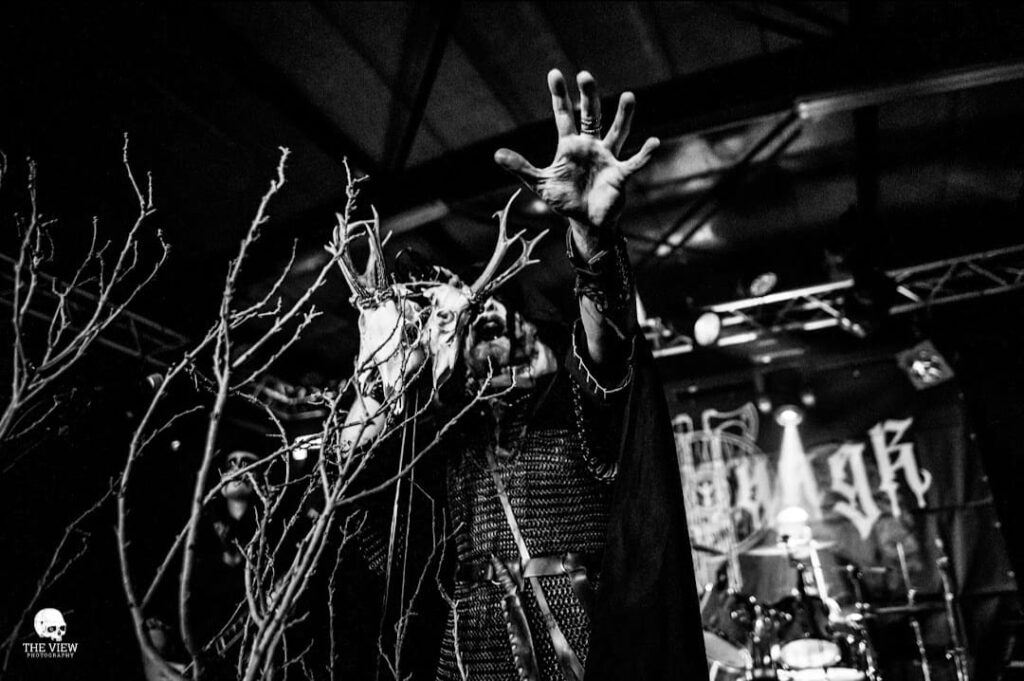
Is there a link between the mythological name Suttungr and the historical themes you explore, or does it reflect more of your overall musical attitude?
The band name existed before we had a theme for our songs. Contrary to what some people think, there’s no connection to the mythological Suttungr that eventually influenced the choice of name. The reality is much less exciting.
The name stems from an interest in astronomy. Suttungr is a moon of Saturn, the name sounded good, hadn’t yet been used in the metal scene, and had a dark vibe, so it became one of the options. In the end, we chose this name partly because of its mythological aspect, but that wasn’t the primary reason. The name originated from a shared, though not universal, interest in astronomy, so it wasn’t a surprise that our theme wouldn’t revolve around astronomical wars or phenomena. We ultimately chose a theme that fascinates all of us: history and war. We liked the name and had already adopted it.
There’s a strong rawness in your sound. Is that deliberate, perhaps as a statement against more modern, “polished” black metal productions?
Yes, the sound is most definitely deliberate as we see it as the right (and only) way to convey the essence and fury of our subjects and themes.
Black metal started out as raw and uncomprimising, embodying what is pure and true and we hold that essentail trait in high regard. It’s not just a statement. It’s a tradition and a ritual that we honour.
Do you see Eburoons Vuur as the beginning of a series of albums centered around historical themes, or will you explore different concepts in the future?
Once the lyrics started appearing on paper for Eburoons Vuur, it felt like we struck a seemingly bottomless well of inspiration. Although the bottom isn’t in sight yet, it’s still too early to say what subjects we’ll be touching 3 or 4 albums from now. Whatever concepts we might explore in the future, one thing’s for certain; every album we’ll release will come straight from our cold, black hearts.
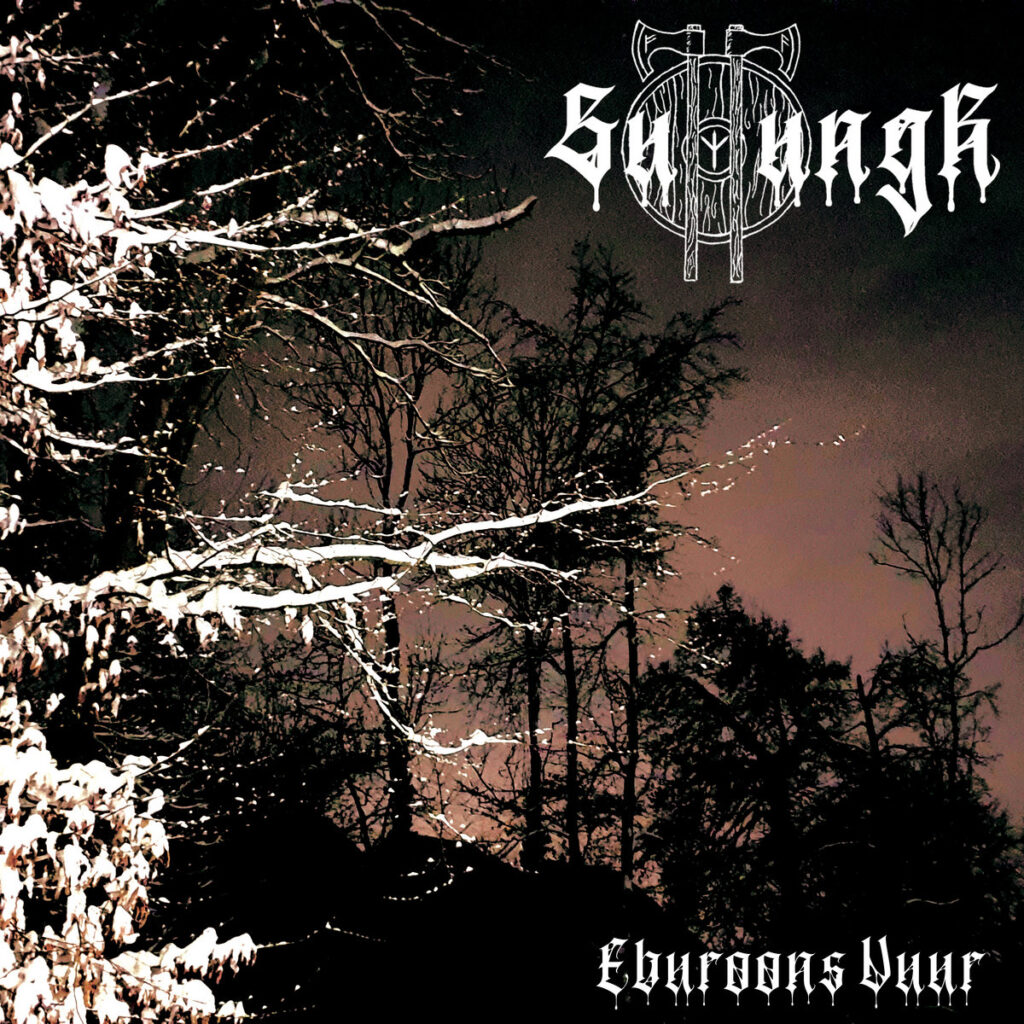
Looking back for a moment—Suttungr grew out of the death/thrash band Paramite, with whom you released Diabolical Invocation in 2015. How do you look back on that period?
We look back on that period with fond memories, as it gave us valuable experience both musically and personally. At the same time, we don’t focus too much on the past, those lessons serve as a foundation, but our energy is on the present and the future, continuing to grow and evolve as Suttungr.
In 2017, Paramite became Suttungr, and you made a significant musical shift. How did that decision come about?
By 2017, we had hit a dead end with Paramite and felt it was time for a change. The direction we were heading no longer reflected what we wanted to create, so at the end of that year we decided to fully focus on black metal under a new name—Suttungr. It felt like the right move and gave us the freedom to dive into the music we were most passionate about. When guitarist Valtyr joined in the summer of 2020, the final piece of the puzzle fell into place, and we began writing new songs in the style that defines us today.
Dutch black metal has grown and gained more attention in recent years. How is your relationship with the scene? Which bands are you in contact with, and can we expect any collaborations in the future?
Frankly speaking we don’t really care much about the popularity and forthcoming attention for Dutch black metal and black metal in particular.For us it is a personal thing in which we can find the most true resonating way to express our creativity and spend quality time together as a band and celebrate that brotherhood.
Our dealings with the scene only go as far as we deem fitting to forward our own agenda.However, we do keep some valuable ties with other individuals, bands, labels and organisations whom we recognize as equal allies on the same trajectory.We continue on that path looking to the near future and are open to possible collaborations with whoever presents a fruitfull alliance.
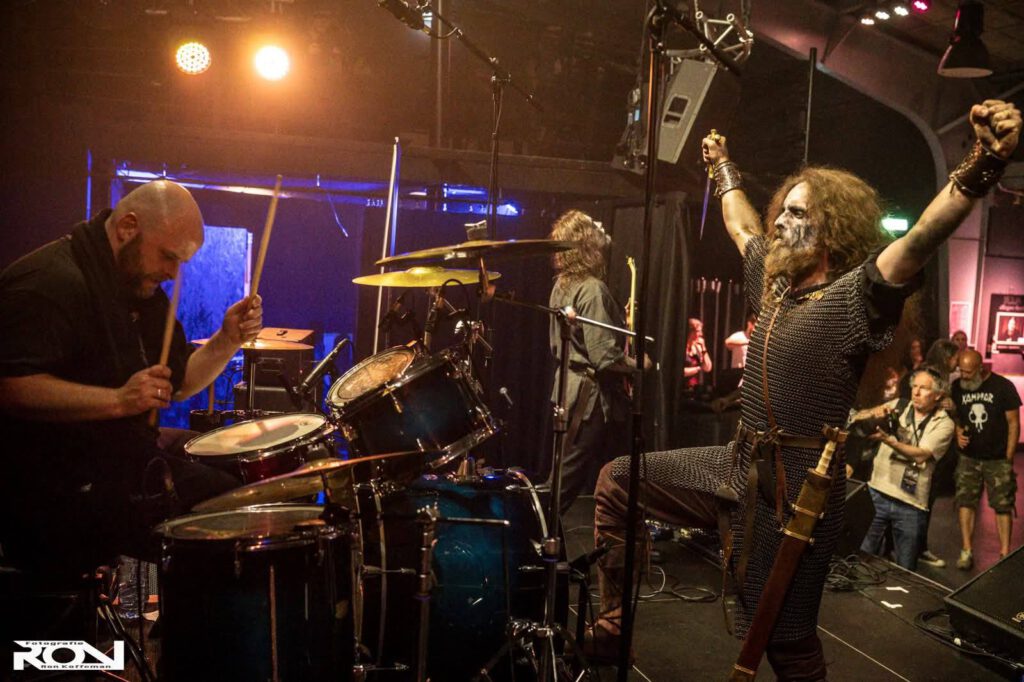
What plans are still on the shelf, and what can we expect from the deep south in the time to come?
At the moment, we’re working quite intensively on new tracks for the next album. We can’t say yet when it will be released, probably sometime next year, and we’ll see what form it will take. Right now, we’re very pleased with the result of Eburoons Vuur and are trying to build some name recognition. That’s why we’ve decided to hit the stage a bit more often, and we’ll be playing a show on February 6th at Musicon in The Hague. We’re seeking venues far across the country but steering clear of the deep south, since there’s no metal scene there, let alone Black Metal.
Your famous last words…
Eburoons Vuur is not a sound, it’s a sacred rite, carved in flame and fury, echoing through the bones of forgotten soil and the blood of those who never surrendered. It’s not heard. It’s felt like a tremor from the past, demanding to be remembered!!

